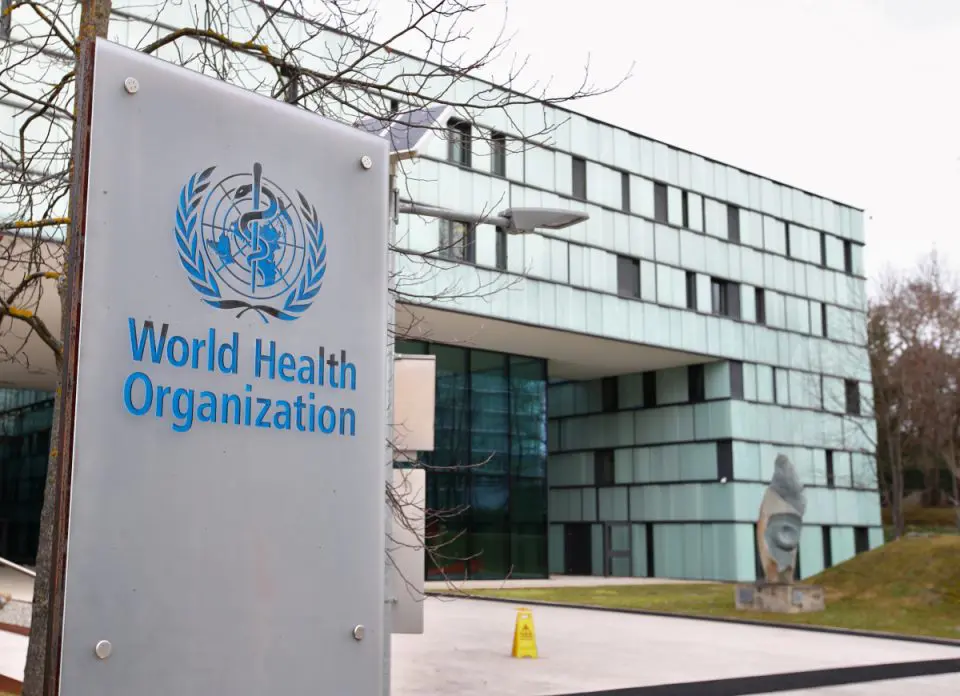KUALA LUMPUR, April 24 — All countries including Malaysia are urged to give priority to the continued routine immunisation of children as well as provide vaccinations for groups most at risk in essential service delivery.
In a joint statement, the World Health Organisation and United Nation’s Children’s Fund (Unicef) said efforts must be made to ensure that the vaccination schedules of children were up-to-date while taking appropriate measures to prevent the spread of Covid-19.
“Global vaccination coverage is still far from the 95 per cent treatment rate needed to fully protect communities against outbreaks of vaccine-preventable diseases. Roughly, 13 million children have never received any vaccine, putting them and their communities at risk of diseases and death.
“Measles continues to remain an ever-present threat, especially if the vaccination rates drop. Current projections indicate that as many as 800,000 people may have been infected with diseases in 2019,” said the statement in conjunction with the World Immunisation Week 2020.
According to the statement, there were increasing concerns about another resurgence in 2020, especially if vaccination rates fell due to delay or suspension of scheduled immunisation activities as a result of Covid-19.
The statement said if immunisation services were to be suspended, urgent catch-up vaccinations should be rescheduled as soon as possible, prioritising those most at risk.
WHO Representative to Malaysia, Brunei Darussalam and Singapore, Dr Lo Ying-Ru said there were many impacts of Covid-19, including the possible resurgence of diseases that could be prevented with safe and effective vaccines.
She said it is essential to ensure access to immunisation services during Covid-19, and that all parents should continue to have their children fully vaccinated against polio and other vaccine-preventable diseases.
Meanwhile, UN Resident Coordinator for Malaysia, Singapore and Brunei Darussalam, Stefan Priesner said immunisation saves millions of lives every year and is widely recognised as one of the world’s most successful and cost-effective health interventions.
He said it was crucial that countries continue the fight against these other diseases.
“World Immunisation Week 2020 comes at a difficult time as we grapple to fight and contain the Covid-19 virus. However, we must keep in mind the need for routine immunisation for other diseases such as polio and measles,” he added.
Meanwhile, Unicef Representative to Malaysia, Marianne Clark-Hattingh said the impact of the Covid-19 pandemic and the fallout had been a painful lesson to make vaccines universally available for all to stop the spread and to prevent further outbreaks.
She said every child, regardless of their status, has the right to be immunised as the disease does not discriminate.
“The poorest and most marginalised children who need immunisation the most continue to be the least likely to get it. Most of the children who were not inoculated live in remote rural locations or with undocumented, refugee, migrant, or stateless families,” she said.
— Bernama





